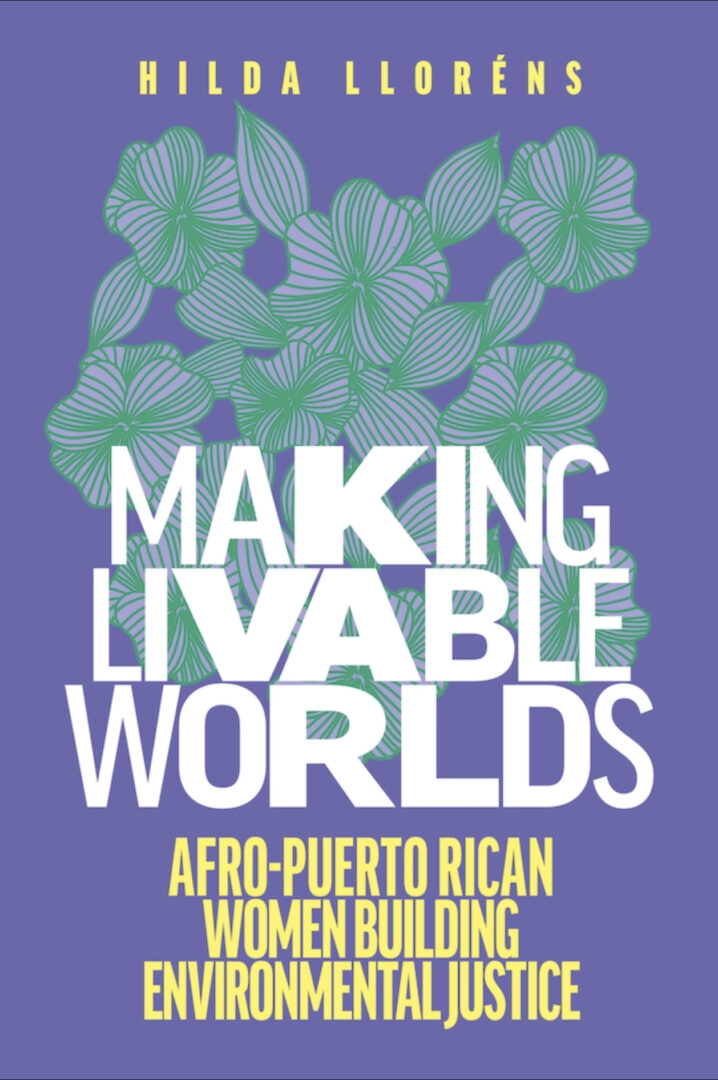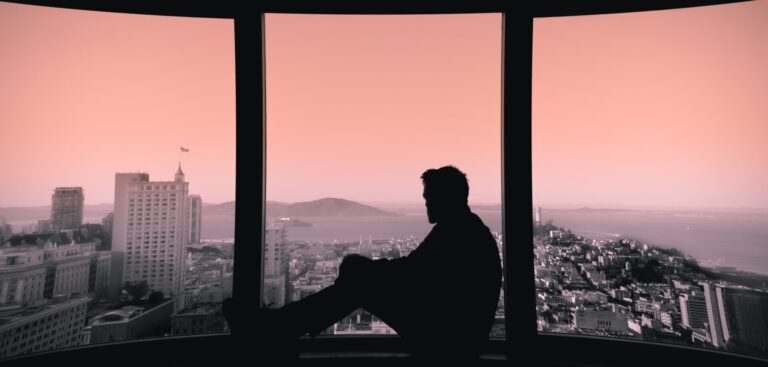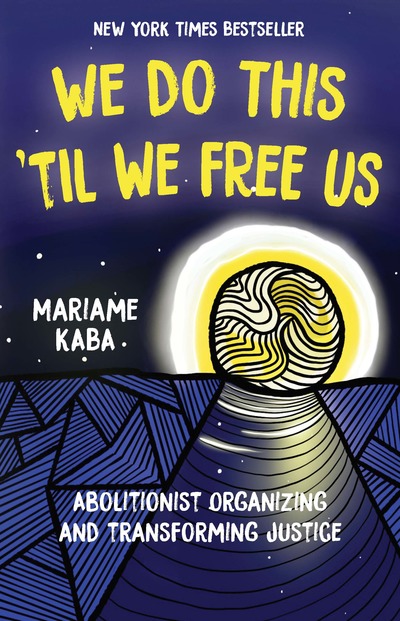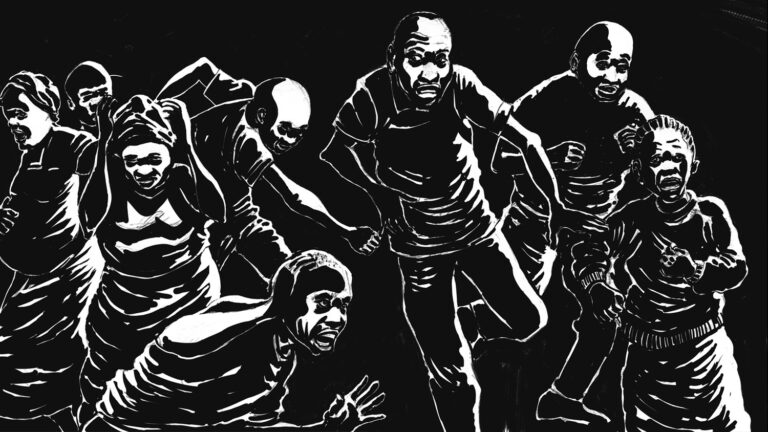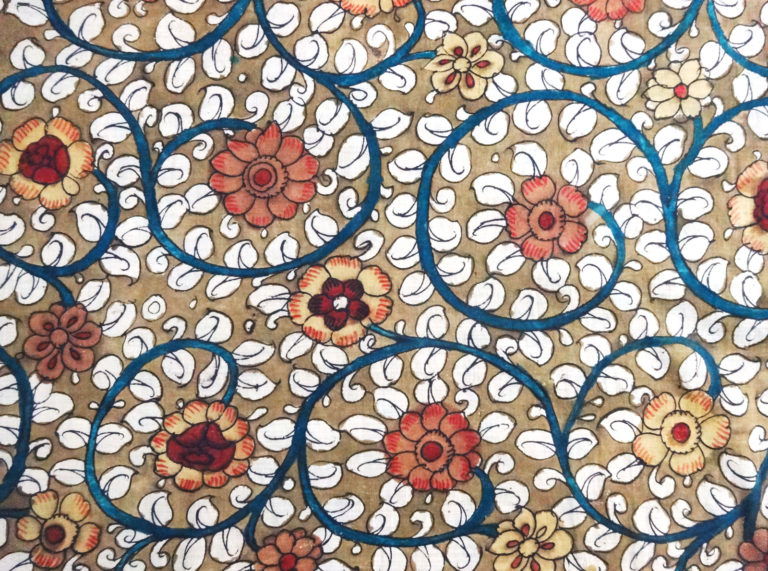We begin with the question “what do we want to keep that the pandemic has given us?” Largely co-written in 2021, this reflexive essay serves as a snapshot in time, at one stage of the pandemic, reflecting upon earlier, shared experiences at one institution of higher education. We locate each of our identities and positionalities in that space and beyond. Our essay uses Moya Bailey’s 2021 discussion of an ethics of pace to frame our thinking and collective memory work and to counter what we identified as the distinct efforts of institutions of higher education to not have places for institutional memory. We articulate that without memory places, it is impossible to build both a history of justice work in institutions of higher education and accountability that this justice work is seen through. And we ask, how are we to build justice and healing in higher education when the place is designed so that we can’t remember things, and when there seems to be a goal to not have institutional memory that remembers how, why, and by whom justice work is done? We answer the question: “what do we want to keep that the pandemic has given us?” with this: “the pace and place to remember.”
Keyword: justice
Review of Making Livable Worlds: Afro-Puerto Rican Women Building Environmental Justice by Hilda Lloréns (University of Washington Press)
This review examines Hilda Lloréns’s research into the role that Afro-Puerto Rican women play in advocating for environmental justice and building a sustainable environment in the Puerto Rican archipelago, particularly after the devastation left behind by Hurricanes Irma and Maria in 2017, and the subsequent catastrophic effects of COVID-19 in 2020. Lloréns shows that Afro-Puerto Rican women are able to survive in the face of racial and ecological discriminations and marginalizations, and their survival is emblematic of Puerto Rico’s own survival. The author devotes the entirety of her book to show that as an “ethnographer of home,” as she calls herself, it is essential for people to create livable worlds within which they can survive. Survival in the midst of catastrophic climate change is difficult, Lloréns argues, primarily because Puerto Ricans are often on the receiving end of austerity measures that make their existence tenuous, at best. These austerity measures typically come after a climatic event, and result in limited access to clean water, food, electricity, healthcare, housing, and education, which only serve to exacerbate the desperation that many on the island feel. While this desperation was widespread across the island after the hurricanes in 2017, residents in the southeastern region of the island (predominantly Afro-Puerto Ricans) were even more affected. Lloréns shows how these people used their limited resources to cull an existence out of a seemingly hostile land and create a community that sustained them. Lloréns draws on personal experiences, the experiences of her family, ethnography, anthropology, and interviews to show how vital it is to examine Puerto Rico not as a homogenous space but rather as a heterogeneous one with its unique complexities. And by centering the work and experiences of Black Puerto Ricans, Lloréns gives voice to a group that is largely left on the margins of society, but who demonstrates the importance of building community as a sustaining entity.
Coalition-In-Progress: Found Poetry Through Phone Calls with People Labelled/With Intellectual Disability During the COVID-19 Pandemic
For institutional survivors and their younger peers labelled/with intellectual disability, the COVID-19 pandemic and its related lockdowns carry over past experiences under government-directed isolation and mandatory medical interventions. The sudden convergence of past and present necropolitical ableism in labeled persons’ lives colours this crisis, as we—a group of survivors, younger labeled people (who have not lived in institutions), and researcher/allies—attempt to simply stay in touch amid digital divides that cut off our once vibrant, interdependent in-person activities. No longer able to gather, and with limited Internet (or no) access, we resist social abandonment through phone calls. During phone conversations we discuss the affective contours of this time: grief over the past, loss of agency, restrictive rules in group homes, the dynamics of protest, fear sparked by public health orders, and a mix of anxiety and hope about the future. Taking this telephone-based dialogue as evidence of our lives in these times, we present a brief body of collectively written found poetry, a form of poetic inquiry composed of phone call snippets. This piece, coauthored by twenty members of the “DiStory: Disability Then and Now” project in Toronto, Canada, offers a snapshot of coalition-in-process, keeping in touch amid a crisis that threatens our togetherness and—for some more than others—our lives. Following Braidotti, we couch this found poetry in a brief commentary on our slow, in-progress attempt to “co-construct a different platform of becoming” with one another amid a divergence of historical and contemporary inequities.
Review of We Do This ‘Til We Free Us: Abolitionist Organizing and Transforming Justice by Mariame Kaba (Haymarket Books)
What if social transformation and liberation isn’t about waiting for someone else to come along and save us? What if ordinary people have the power to collectively free ourselves? In this timely collection of essays and interviews, Mariame Kaba reflects on the deep work of abolition and transformative political struggle. With chapters on seeking justice beyond the punishment system, transforming how we deal with harm and accountability, and finding hope in collective struggle for abolition, Kaba’s work is deeply rooted in the relentless belief that we can fundamentally change the world. As Kaba writes, “Nothing that we do that is worthwhile is done alone” (172).
Enacting Law: The Dramaturgy of the Courtroom on the Contemporary Stage
Although historical research into twentieth-century theatrical tribunals is widespread, the recurring theme of justice in contemporary performance practices remains largely unexplored. However, an increasing number of twenty-first-century artists have begun relying on structures of the court. By creating theatrical tribunals, these artists try to create a space for an alternative jurisdiction. However, a clear typology of this tribunal genre in the contemporary performing arts is still lacking. This article therefore aims to characterize theatrical tribunals. In the first section, I describe the setting of the courtroom as a theatrical place in which law gets enacted or performed. Following several scholars that already stated the important spectacular aspects of the legal system, I discuss the dramaturgy of the courtroom as a specific dramatic place with its own scenography, script, and dramatis personae. Next, by analyzing the dramaturgy of the courtroom, I distinguish two categories within the tribunal genre: (1) re-enactments of preeminent lawsuits that heavily rely on twentieth-century documentary practices and (2) performative pre-enactments of futuristic trials that have not yet been held or cannot be held because of systemic shortcomings. Finally I examine how contemporary theatrical tribunals could contribute to the enlargement of public knowledge on historical and contemporary examples of injustice, and whether they could obtain effective changes in our societies.
Introduction
This special issue explores how best to use performance to leverage justice for victims of trafficking, child soldiers, illegal immigrants, the poor, and others who lack recognition and protection within the legal and social apparati of national governments and some non-governmental organizations (NGOs). This focus has emerged from a two-year research project on “Gendered Citizenship: Manifestations and Performance” between scholars in theatre and performance in collaboration with politics colleagues at University of Warwick, UK and Jawaharlal Nehru University, Delhi.

